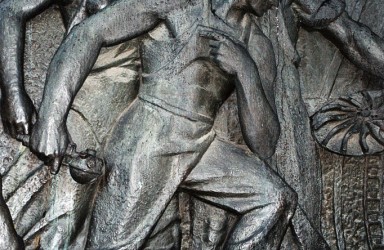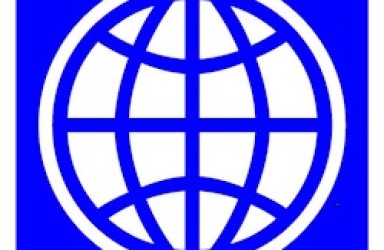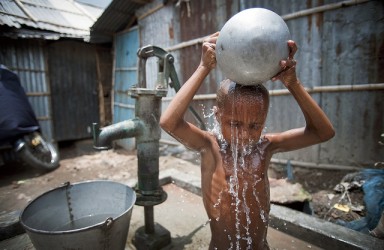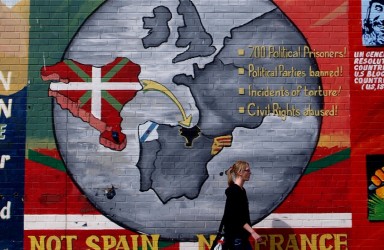The criterion of society’s level of development
As a whole the situation in the Central Asian region is fraught with future social disturbances. They are inevitable in all countries, but the degree of violence will be different according to the achieved level of development. The bloodiest events are possible in Uzbekistan, Tajikistan and Turkmenistan. In the latter country, a variant of the Libyan example is quite probable.
The Successes and Failures of the World Bank on Global Poverty
The World Bank rose out of political and security necessity in the US sphere of influence to stabilize Europe. It has grown to adapt through time, both to the new challenges of the late 20th century, as well as to the politically correct speech the growing global civil society has been promoting in the ever globalizing public space.
The ‘Great Debates’ in international relations theory
Almost a century after its birth, IR is still in the process of defining itself. The Great Debates stimulated discussion about the essential characteristics of the discipline, and through these IR theory has undoubtedly advanced in complexity and nuance since its founding, and doubtless will continue to do so.
Is the Sudan conflict best understood in terms of race, religion, or regionalism?
Both the enormous diversity within Sudan in combination with the lack of a substantial “Sudanese” identity accounts for the prevalence of conflict. This absence of a widely accepted and omnipresent state identity also explains how identity is formed in relation to hegemony.
Why has a negotiated settlement been possible in Northern Ireland and not the Basque conflict?
A case can be made that a negotiated settlement has been possible in Northern Ireland due to an inclusive political strategy and acceptance of compromise, whereas the Basque situation has not been conductive to a settlement due to the government pursuing an exclusionary position towards ETA and radical nationalist political groups.
An Undemocratic Hong Kong?
Interestingly, Hong Kong already has institutions that underlie democracy but it is still yet to be legitimate. This poses the key question; if Hong Kong has institutions that do to some extent, simulate a democracy, what has prevented full transition for Hong Kong to become a legitimate democracy?
The Evolution of Terrorism as a Tool of Political Change
Terrorist organizations have become more effective in delivering fear to global populations. It is not only globalization that has helped terrorist groups operate more efficiently, but also their inherited nature of a constant process of adaptation, ingenuity, and incrementalism when faced with new grand strategies.
What does the Mafia success concept teach us?
Transnational organized criminal groups were ever since a darling of the sensation seeking media. But since the attacks of 9/11, criminal networks were moved even further into the spotlight, as the sources of income for the historically most deadly and horrific generation of global terrorism.
Compatible? Incompatible? A Theoretical Analysis of Islam and Democracy
The question of the compatibility of Islam and democracy has persisted for generations. The recent events of the Middle East, facilitated by these technological advances, have only heightened the talk about the role of democracy in the region.
Intervention in Libya: Example of “R2P” or Classic Realism?
The intervention in Libya is being portrayed in the media as an attempt to save the Libyan people from destruction at the hands of a brutal and oppressive regime. When one looks at the evidence, various interests and geopolitical concerns confronting intervening nations, another motive emerges: realism.












